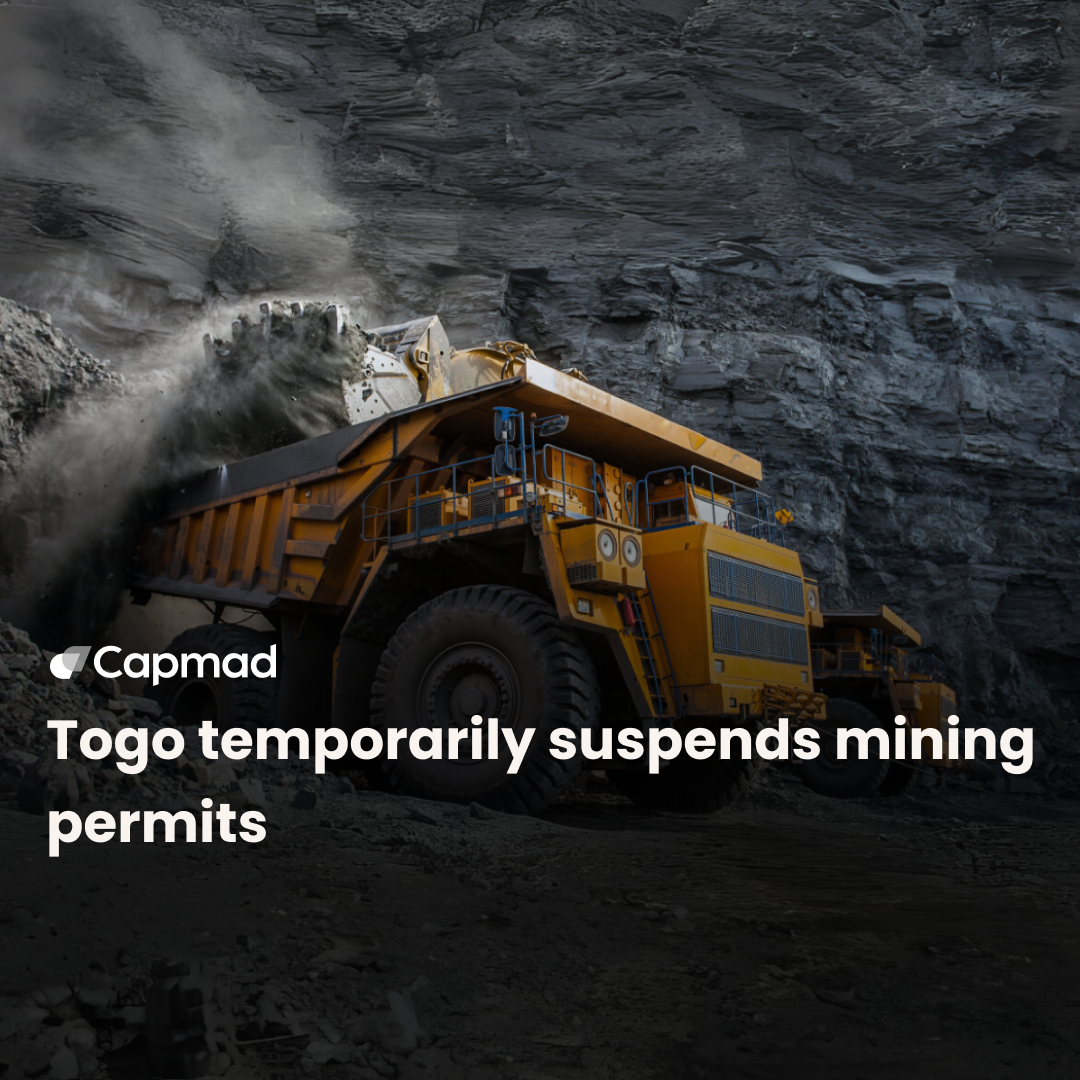From prospecting to mining through Nigeria Lokos
Nigeria is planning to create the Nigerian Solid Minerals Corporation, a government-backed company to attract investors to mine commodities such as gold, copper, coal, iron ore, bitumen, lead, limestone, and zinc.
The company’s mission is to enter into investment agreements with major international groups, allowing them to benefit from Nigeria’s favorable and attractive investment regime, thus ensuring foreign direct investment in the sector.
Critical role of mining in society
Mining activities in Africa require improvements in all aspects, from extraction and processing to transportation and marketing of minerals, to remain profitable and firmly established in a competitive market. The application of Business Process Management (BPM) helps to analyze and optimize processes within large mining organizations. It promotes better collaboration and coordination between different departments, improving efficiency and ensuring the best results.
African mining: a special case
The gold mining industry is a continuous source of pollution and is the main source of heavy metal contamination during mining operations and for several decades after mining ceases. Indeed, gold mine tailings contain high levels of toxic metals such as copper (Cu), lead (Pb), zinc (Zn), cadmium (Cd), arsenic (As), and mercury (Hg), which harm the environment. The integration of phytoremediation technology can provide a cost-effective option for the remediation of industrially contaminated sites, particularly abandoned mines, to address environmental challenges.
African mines and the seabed: an untapped resource
Large-scale mining in Africa has generated huge profits for foreign companies, with few local spin-offs. African governments are now seeking to mobilize more mining revenues for development purposes.
Between 2002 and 2007, mineral-rich African countries experienced a mining boom, with prices for metals and seabed oil almost tripling. Mining companies competed fiercely for new mines to meet growing global demand. As a result, several African countries found themselves in a much stronger bargaining position with foreign investors, who had previously been able to demand and receive huge benefits before investing. Governments can now negotiate better deals with new investors and even renegotiate old mining contracts to address problems of under-exploitation of land and seabed resources.
Business challenges for the African mining industry
Against the backdrop of a global economic slowdown, world metal and oil prices have plummeted, raising fears of renewed investor reluctance and, in some cases, undermining Africa’s bargaining power. Zambia, for example, had hoped to impose windfall taxes on copper mining to finance an infrastructure fund. However, it abandoned the project after the price of copper plummeted from 9,000 to 3,000 USD per ton.
Despite being rich in mineral and oil resources, Africa has generally benefited little from this wealth. Profits from open-pit mining and seabed oil are not evenly distributed, leaving many people in poverty. However, the emergence of more democratic and accountable governments and the mobilization of communities and civil society groups have contributed to efforts to better exploit Africa’s mining map for development.
Tanzania has made some progress in this area. In the past, investors in gold and diamond mines often benefited from tax breaks of up to 20 years. So while the mining map accounted for almost half of Tanzania’s exports, the total taxes paid by all mining companies combined were less than the tax paid by just one local company, Tanzania Breweries.
To address this problem, Tanzania set up an 11-member committee of government officials, mining experts, and civil society representatives to look at ways to make mining contracts work better for everyone. The committee’s recommendations have been used to renegotiate existing contracts.
For its part, Nigeria wants mining to play a bigger role in its economy. It has therefore decided to develop the mining sector to diversify away from over-dependence on oil exploration.
Environmental impact of mining
Despite the recent fall in world prices, a study shows that African member states are likely to continue to negotiate better contracts. The aim is not only to secure higher national revenues but also to address long-standing community concerns about pollution and compensation for people displaced by mining operations. Not to mention the potential benefits for the circular economy in each mining region.
Stages of ore extraction
The mining industry follows a sequence of stages: exploration, discovery, development, production, and reclamation. All stages of this mining cycle have a direct economic impact.
Exploration can take many forms, both by prospectors and exploration companies, and generally begins with research to select target areas. Once targets have been selected, geological mapping and many types of geochemical and geophysical surveys may be undertaken. This type of activity, even in its simplest form, can lead to the discovery of economic mineral deposits that society needs for many of the raw materials and manufactured products we use every day.







